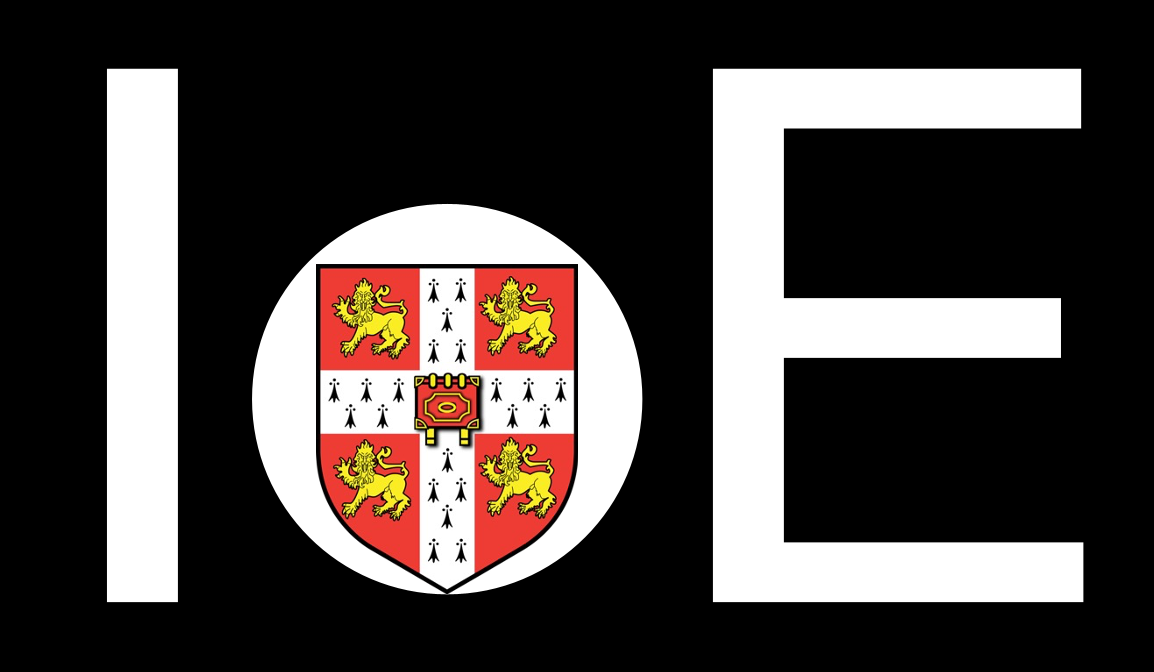Research

Principal Investigator: Prof. Özgür B. Akan
CAPE Building, Electrical Engineering Division,
Department of Engineering, University of Cambridge,
9, JJ Thomson Avenue, Cambridge, CB3 0FA, UK.
Internet of Everything (IoE), the seamless interconnection and autonomous coordination of massive number of computing elements and sensors, inanimate and living entities, people, processes and data through the Internet infrastructure, is an emerging research direction towards enabling the Connected Universe from molecular sensors to vehicles and people. This novel framework has an enormous potential to transform the way we connect with and understand the Universe, by enabling new methods of interfering with the processes at the single-molecular level, and extending the human consciousness and control with smart agents collaboratively sensing and acting upon the environments never explored by any other paradigm before. The realization of IoE demands novel engineering solutions to overcome the unique connectivity, spectrum scarcity, miniaturization, interoperability and energy-efficiency challenges.
The mission of Internet of Everthing Group is to address the unique challenges of IoE and use the IoE vision to model complicated communication systems. Internet of Everything Group consists of highly motivated researchers performing cutting edge interdisciplinary research towards implementing the building blocks of IoE. The research interests of IoE group includes:
- Internet of Everything (IoE): Integration of humans, devices, and processes into large-scale, distributed, and intelligent ecosystems.
- Wireless Communication: Next-generation mobile, broadband, and green wireless systems with robust and energy-efficient designs.
- Biological Communication: Molecular and bio-inspired paradigms, including nanoscale and neural networks for healthcare and biotechnology.
- Quantum Communication: Secure, high-capacity links based on quantum principles for nanoscale and long-distance applications.
- Space Communication: Satellite, deep-space, and beyond-line-of-sight systems supporting global and interplanetary networks.
- Machine Learning for Communication: AI-driven spectrum, resource, and network optimization across diverse communication scenarios.
- Signal Processing: Advanced coding, modulation, and detection techniques for reliable communication in challenging channels.
- Information Theory: Fundamental limits of communication, guiding efficient and secure network design.